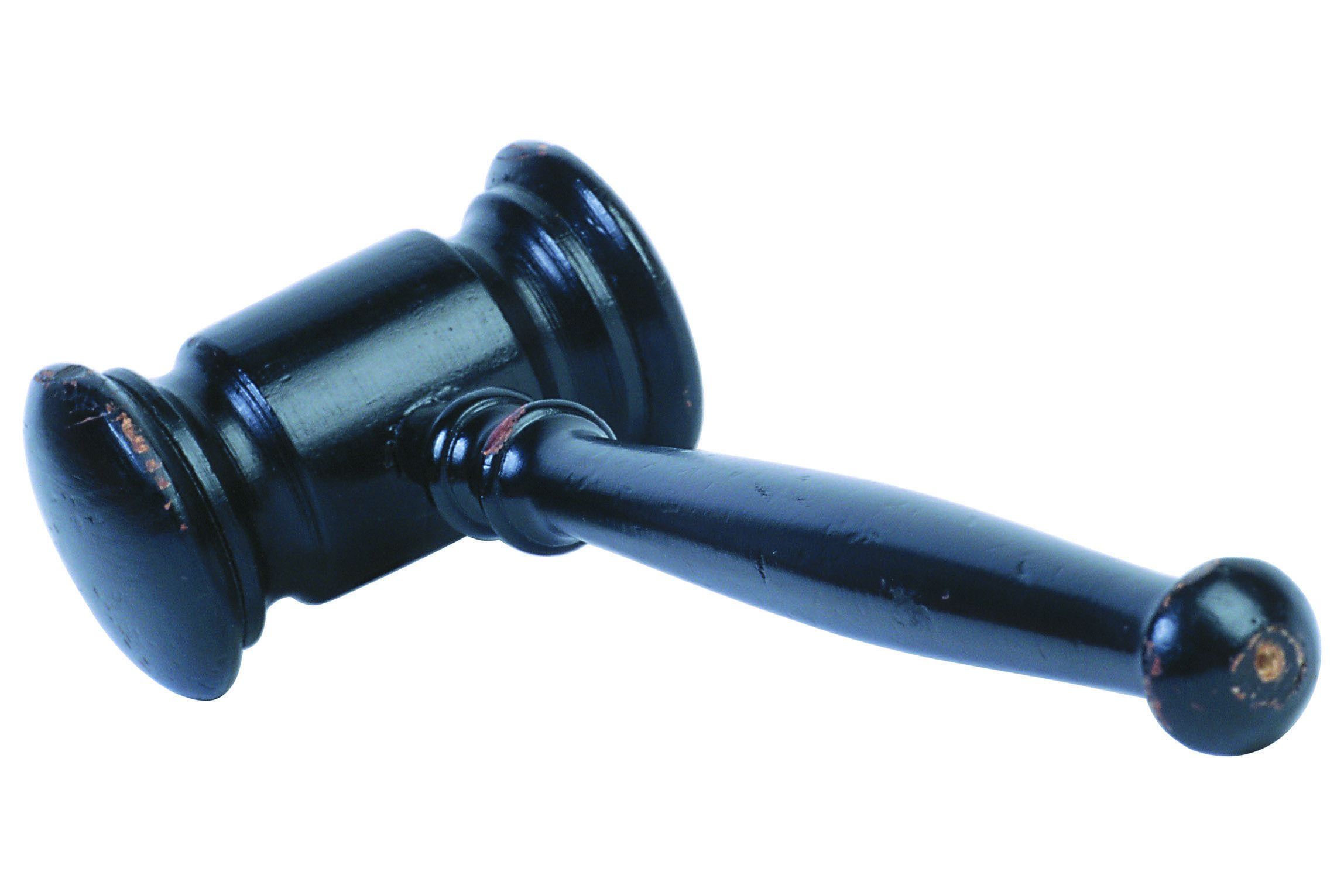NASHVILLE - Three Democratic Supreme Court justices say they will choose the state's next attorney general in a "nonpartisan manner," and one makes a point of saying she will work with two Republican justices to "select the best applicant."
The statements in response to News Sentinel inquiries come with Lt. Gov. Ron Ramsey criticizing the current attorney general, Democrat Bob Cooper, as part of an effort to unseat Supreme Court Justices Cornelia Clark, Sharon Lee and Gary Wade.
The three seek new eight-year terms in a statewide Aug. 7 retention election. They have retained a campaign staff and organized a series of fundraising events, following a gathering in Nashville last week that collected more than $100,000, according to a spokeswoman.
Should they be rejected in the yes-no retention election, their successors would be appointed by Gov. Bill Haslam, a Republican.
"When the current attorney general was selected, I was not on the Tennessee Supreme Court and therefore was not part of the process," said Lee in an emailed statement.
"If I am re-elected to the Court, I believe the next attorney general should be selected through a transparent process where multiple applicants are considered," she wrote. "I am confident that there are several qualified candidates who could best serve the interests of all Tennesseans and that the new court, which will include Judge Jeff Bivens and Judge Holly Kirby, will select the best applicant as the next attorney general."
Bivens and Kirby are Republicans appointed by Haslam who will begin their initial terms on the Supreme Court Sept. 1, replacing two other justices who are retiring. Tennessee is the only state in the nation with an attorney general appointed by its Supreme Court. Cooper's term is expiring, leaving the court taking office to fill the position.
In a brief telephone interview, Lee said attorneys general traditionally have served only one eight-year term, and she anticipates Cooper will not seek the position again. Cooper has declined to say whether he will.
"One of the advantages of the way Tennessee selects the attorney general is that applicants don't have to raise money or run campaigns. I will continue to do the best job I can for the state and its citizens and will make a decision about the future when the time comes," Cooper said in an emailed statement Tuesday after seeing Lee's comments.
Lee declined in an interview to flatly rule out supporting Cooper, but repeated she sees one term in office as traditional for attorneys general and said "we'll see who the applicants are."
Wade returned a reporter's phone call seeking comment on the attorney general selection process. But beyond saying that consideration would not involve political affiliation, he said the three justices would respond with a joint statement.
A call to Clark on Monday was returned by Victoria McCullough, who is serving as spokeswoman for the judges jointly in their reelection campaign. On Tuesday, she sent this two-sentence joint statement:
"The selection of an attorney general for the state of Tennessee is about who is the most qualified person for the position. The attorney general will be selected in a non-partisan manner using an open and transparent process."
Asked what the judges considered open and transparent, McCullough said "in the same manner they have in the past." She subsequently sent separate statements from Clark and Wade, who were members of the court when Cooper was selected.
"The most recent policy of the Supreme Court has been to hold an open process for the selection of the attorney general. My goal is to find the best possible candidate on a purely non-partisan basis. The people of Tennessee deserve nothing less," Wade wrote.
Clark's statement essentially repeated the earlier joint statement.
The openness of the selection process has been questioned in the past, in particular closed-door sessions of the court to deliberate and decide on their choice. There have also been private interviews with finalists as well as public presentations by the applicants.
Former Knoxville Mayor Victor Ashe, who has pushed for change in the attorney general selection process since his days as a state senator in the 1980s, said Tuesday all interviews should be conducted in public as well as "the actual vote and deliberations."
"It has not been transparent in any real sense," Ashe said in an email, suggesting the process used by the University of Tennessee in selecting its last president as a model.
Michele Wojciechowski, communications director for the Administrative Office of the Courts, and McCullough both said the new Supreme Court in September will determine specifics of the procedure, including how much is open to the public.
"I feel confident in saying the members of the court who were part of it last time (Clark and Wade) felt that it was an open process and it will continue to be," she said.
The three justices held a joint fundraiser last week in Nashville that brought in more than $100,000, McCullough said. Wade held a separate fundraising event in Knoxville April 24.
On Thursday, the three have a joint event at the Racquet Club of Memphis and Clark has an event planned for May 29 in Williamson County, where she lives, according to McCullough, and there will be an event in Knoxville June 6 for Lee.
"We're in the process of planning future events in Knoxville, Chattanooga, Jackson and other towns across the state," McCullough said.
Ccontact Tom Humphrey at humphreyt@knoxnews.com or 615-242-7782.

